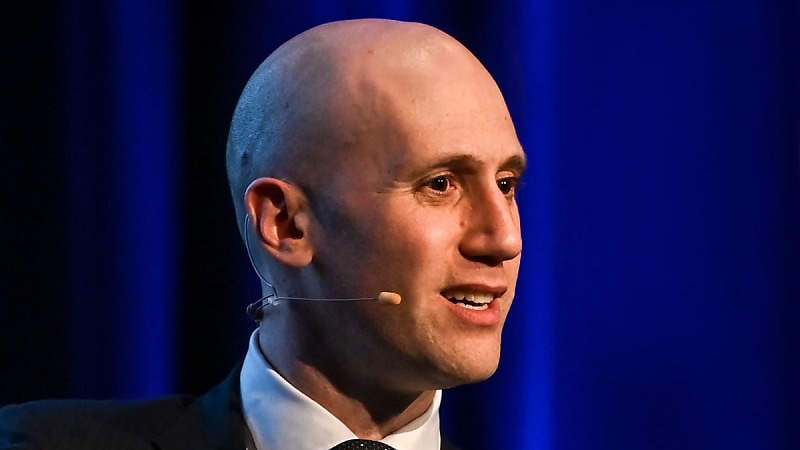Court ruling shows benefit of revisiting contribution strategies: lawyer
With the concessional contributions threshold about to increase, it’s a good time to revisit strategies to avoid consequences like those illustrated in a recent court ruling, says a legal specialist.
Bryce Figot, special counsel for DBA Lawyers, told SMSF Adviser the case of Oldenburger and Commissioner of Taxation (Taxation) [2024] AATA 635 (11 April 2024) is a good example of ensuring that any contribution strategies are revisited and carefully considered to avoid tax impositions.
In this case, Oldenburger was applying for special consideration after receiving a tax bill for exceeding his concessional contribution threshold.
The facts of the case show that in the 2020–2021 financial year, the applicant’s employer made concessional superannuation contributions, to his superannuation fund, SunSuper, totalling $31,737.77.
The contributions, made over five dates, were derived from employer-compulsory superannuation guarantee contributions and personal salary sacrifice contributions relating to working weeks between 2 April 2020 and 17 June 2021.
The superannuation contribution payments made by the applicant’s employer on 28 April 2021 resulted in him exceeding his concessional contributions cap of $25,000 by $780.08.
The superannuation contribution payments made by the Applicant’s employer on 28 June 2021, further increased the amount that he had exceeded his concessional cap for the 2020–2021 financial year to $6737.77.
On 17 September 2021, the ATO advised Oldenburger that he had excess concessional contributions for the 2020-2021 financial year, totalling $6737.77. On the same day, the ATO issued a Notice of Amended Assessment to Oldenburger including the excess concessional contribution amount in his assessable income for the 2020–2021 financial year.
Oldenburger applied to the ATO seeking the exercise of the discretion to reallocate the excess concessional contribution amount of $6737.77 for the 2020–2021 financial year to another year. The regulator decided not to exercise the discretion.
In his evidence to the court, Oldenburger stated he had made an oral agreement with his employer regarding salary sacrifice arrangements and had asked for payments for the 2020–21 financial year up to the permitted yearly limit of $25,000.
In his evidence, he stated: “I was advised that the employer provided his accountant with these instructions. I monitored these payments through my payslips and was satisfied that the additional superannuation payments came in around the $25,000 cap,” he stated. “However, in the 2020-21 period, my employer’s accountant made five payments to my super fund (rather than four quarterly payments), which had the result of putting him over the yearly $25,000 cap in that FY”.
Figot said Oldenburger had difficulty having a written agreement with his employer regarding his salary sacrifice contributions.
“It was the salary sacrifice contributions which pushed him over the cap and as the court ruled, it was foreseeable if your employer pays you regularly,” he said.
“Oldenburger wanted to claim special circumstances and have the excess reallocated but there is a massive body of case law on this and it is very hard to prove special circumstances. Instead, the tribunal states quite nicely that ‘the Courts have considered what ‘special circumstances’ mean in many different contexts. It is clear that special circumstances are those which are unusual or out of the ordinary which result in an unfair, unintended, or unjust outcome’.”
Figot said in this case Oldenburger accepts there was never any certainty as the verbal agreement didn’t set out the timing of the salary sacrifice contributions and also admitted that he did check his super statement regularly, which would have alerted him to the possibility of excess contributions.
“There are two relevant lessons to take from this case. Firstly, from a fund member point of view, make sure that any salary sacrifice agreement is in writing and sets out when contributions are made to ensure it will happen within the appropriate timeframe and don’t push you over into excess contributions,” he said.
“Secondly, if you are an employer have consideration as it is within your power if you are to cause excess concessional contributions for your staff. It’s not a matter of law but a nice extra step employers can take to look at the dates and make sure they won’t cause their employees to pay extra tax.”








